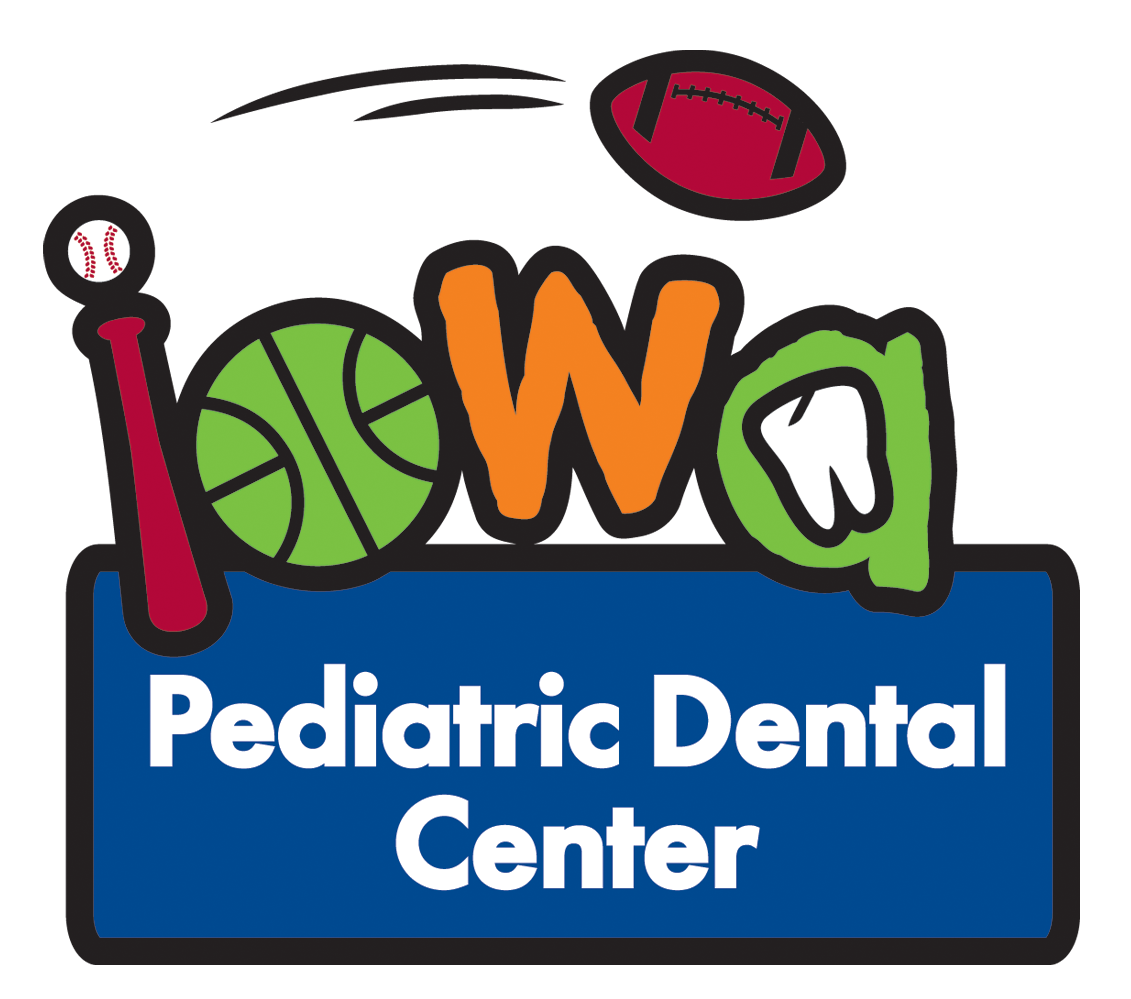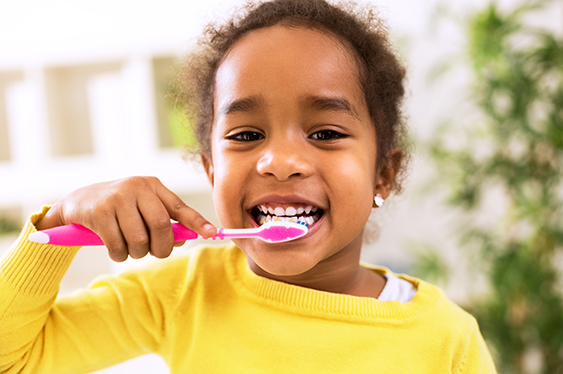As a new parent, there are many new journeys to navigate, and baby teeth are one of those important milestones along the way. At Iowa Pediatric Dental Center, we’re here to answer all of your questions about baby teeth and help you understand what to expect as your child’s smile develops.
When Will My Baby’s Teeth Come in?
Parents may notice the first signs of teething around 4 months of age, with the first tooth coming in at around 6 months old. Most of the time, baby teeth erupt in pairs. The first teeth you will see erupt are your child’s central incisors. The bottom pair of incisors typically comes in first, followed by the top pair, and your child will have a full set of teeth by age 3.
How Often Should I Clean My Baby’s Teeth?
The path to healthy smiles starts even before your child’s first tooth erupts. Breast milk and formula contain sugar, so cleaning your child’s teeth as an infant will help them have a lifetime of great oral health. Before your child’s first baby tooth erupts, use a warm, damp washcloth to clean the gums after each feeding.
Beginning regular dental care at a young age can help decrease the risk of tooth decay, create a positive attitude toward dental health, and encourage good oral hygiene habits in the years to come.
Why Do My Baby’s Teeth Look Stained?
If your child’s baby teeth appear stained, there are a few things that may be causing this. If you’re noticing white specks or streaks on the teeth, this can be a result of excessive fluoride use. Fluoride is a great resource for fighting cavities, but when used excessively, it may cause dental fluorosis, resulting in those white specks or streaks.
Inadequate brushing and weakened enamel can also cause baby teeth to appear discolored. If you notice discoloration or staining of your child’s teeth, schedule a visit at a pediatric dental office to discuss your child’s current dental health and how to create healthy smiles for life.
Are Baby Teeth More Prone to Cavities?
The enamel on baby teeth is typically thinner than the enamel on permanent teeth, which may lead to an increased risk of cavities. Enamel acts as a protective covering to the teeth, but once cavity-causing bacteria gets past the protective covering, cavities can occur and spread if not treated.
By scheduling regular dental visits with a pediatric dentist, you can help your child stay on top of cavities and their overall dental health. Our goal is to protect patients’ teeth and keep them cavity-free!
Why Are There Gaps in My Baby’s Teeth?
Gaps in your baby’s teeth are good! Gaps in between baby teeth not only give room for their adult teeth to grow in, but also helps reduce the risk of cavities. This could also be a sign that your child won’t have issues with overcrowding once their permanent teeth come in.
Do Babies Need Tooth Fillings?
Yes! Even though baby teeth do fall out, it is important for baby teeth to get fillings to maintain optimal oral health and achieve healthy smiles for life. Avoiding filling a cavity can cause decay to spread into the nerves, causing a deeper infection. Healthy baby teeth can set the stage for a healthy smile as your child grows and their permanent teeth develop.
Contact Us Today if You Have Any Additional Questions
Contact us today to learn more about the growth and development of baby teeth. At Iowa Pediatric Dental Center, we treat infants, children, and children with special needs. Our kid-focused pediatric dentistry is here for all of the little smiles of Coralville, Cedar Rapids, and Muscatine!

